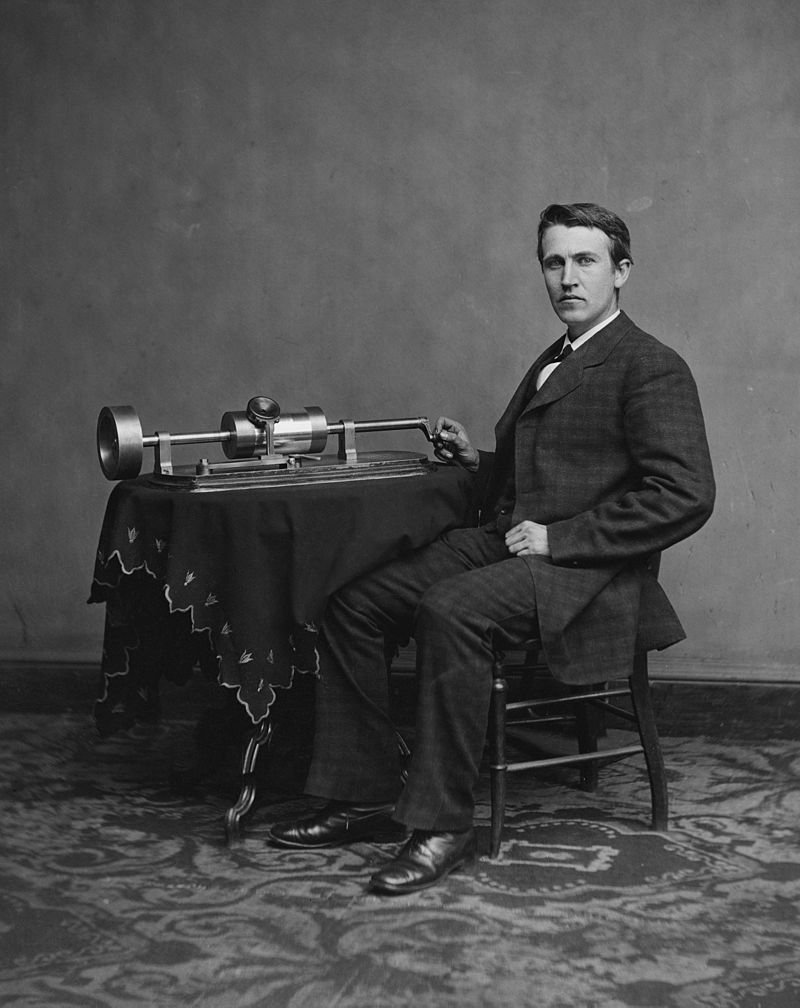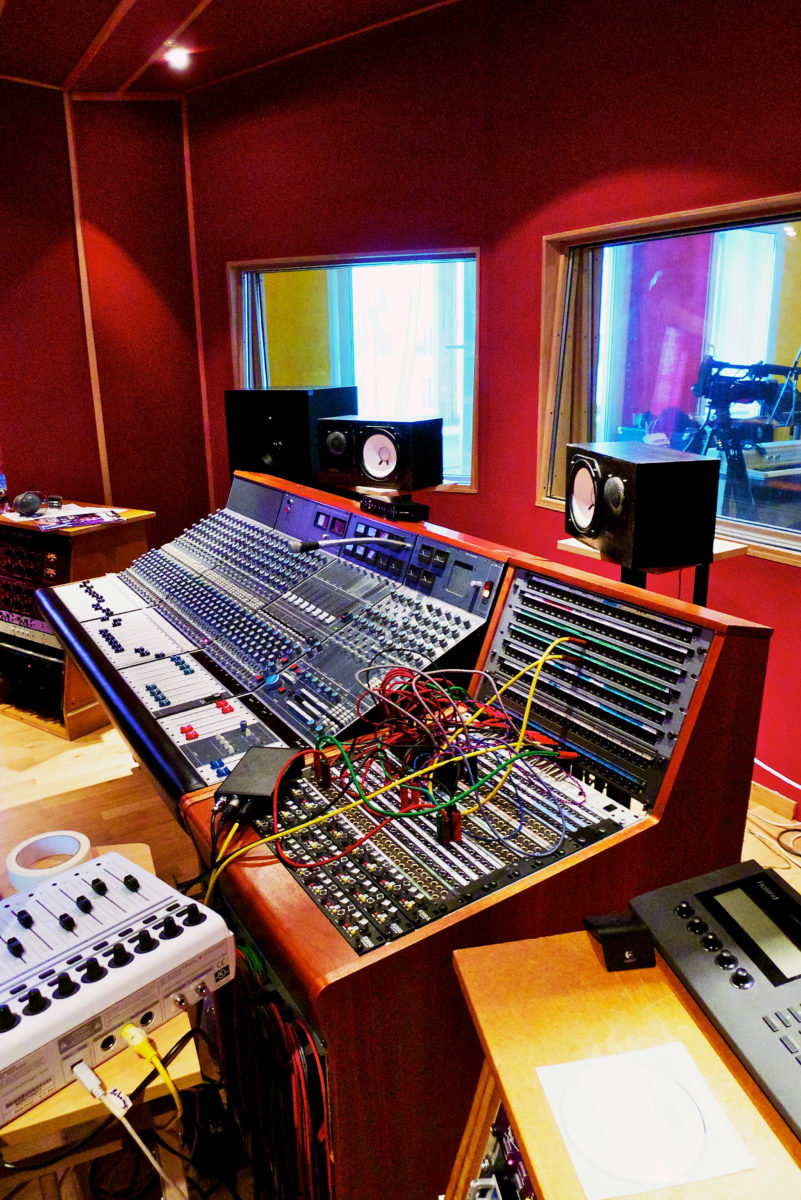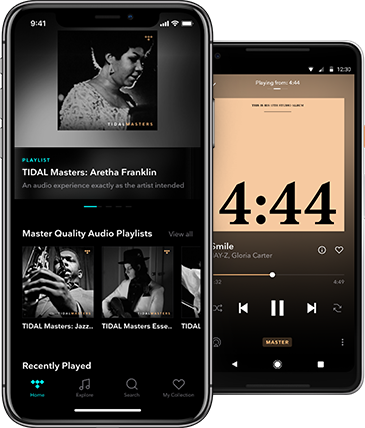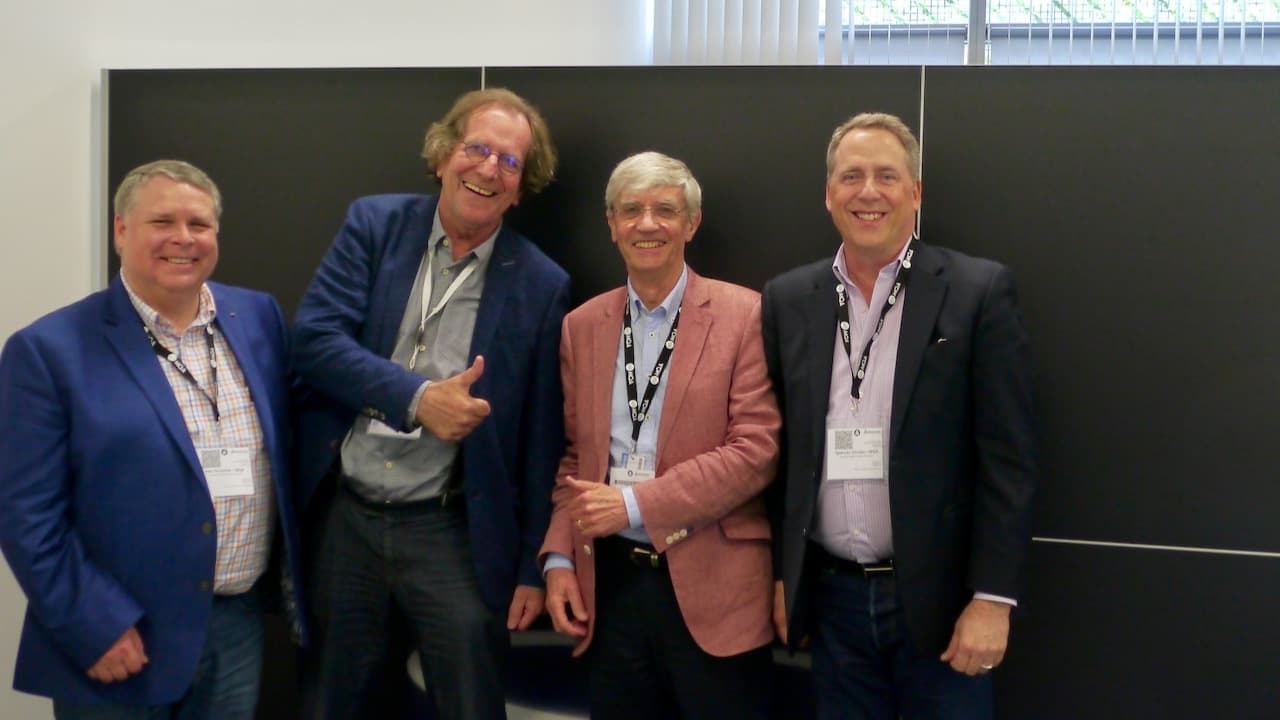Sometimes good fortune is on my side. As co-moderator of “MQA audio – development and reviews“ ( called MQAFBG for now) and visitor of HighEnd 2019 in Munich I have been granted a full hour with Bob Stuart, head, mastermind and genius behind the MQA process. Bob was accompanied by Spencer Chrislu , director of content and as such talking with studios and “music owners“ on a day to day basis plus Ken Forsythe, director of market development, representing MQA most of his time in USA.
We start with a very broad question to Bob Stuart:
MQAFBG: Where are you, is MQA heading now in a very general way of direction, and where have you been heading at the beginning? Is there a difference?
Bob Stuart : Not the slightest difference at all. We are heading to bring the original sound to the listeners at home, without any degradation, without losing anything on the way, but in an easy to use and in practice good manageable way. My view was always also that of archiving the precious things we have recorded over time, we want to keep that for our descendants. And it must be available in an easy way, we would like to make technology disappear somehow and just enjoy music.

MQAFBG: If you say original sound, who is deciding what IS the original sound ? How is MQA involved in a decision?
Bob Stuart: We are not at all deciding how it should sound, except we are very much working on not to lose anything on the way or clean up any blurring or malformations which happened through recording equipment or transport media.
Spencer Chrislu: The original sound is decided by the music owner, which can be the artist, the studio, the media management or whoever has the right of ownership. She, he or they can decide how the original should sound and we take care that this original sound is arriving at the listener.
MQAFBG: But there is not only one version of original sound nowadays?
Bob Stuart: There is always only one MQA version, after it has been decided which one the original is.
MQAFBG: But let’s take Pink Floyd , from “Dark side of the moon“ we have as far as I know already more than 17 “master versions“. Which one is the right one?
Bob Stuart: Of course there can be several versions of the same material, if the original take was recorded in the 70s the music owner may decide in the 90s to remaster and give more kick to the sound or make it louder if that’s what is wanted, even other parties in the chain may reduce the volume again . But whatever is decided has to be transparent to the listener at the end of the chain . He/she needs to know which version it is and it has to be the best possible representation of this version.
MQAFBG: It reminds me of my days as product manager at AKG, when we decided to make a successor for „the bass microphone“ D12 , which was originally designed in early 50s and sounded too mellow for the harsh eighties.
Spencer Chrislu: It can be also the other way round (ie today’s artists appreciate the purity of analogue). Let me tell you what I experienced recently in a London based studio: A young very talented singer with her guitar player recorded with a Neumann Micro from around 1950 , for the guitar they used another similar aged microphone, feeding the output into a Neve mixer more than 50 years old now . And they appreciated the result so much. If you wanted to buy an old NEVE it would have cost you $ 5000 about 10 years ago, today that sells for around 50 000 !!

Bob Stuart: The important thing is that after we have received the ok from the owner, we authorize this sound as the original and confirm on the end of the chain that whatever is possible arrived. It is also very nice for the studios, and that’s one of the reasons why recording and mastering engineers love MQA, that you need only ONE file and can derive everything else from here. Not 6 files for every purpose or resolution later, MQA is automatically unfolding the best sound into available resolution or purpose.
MQAFBG: Which brings me to the next question: What is the difference between a renderer and a full decoder? Only the authorisation mechanism?
Bob Stuart: That’s correct, a renderer can only unfold but not confirm the correct transfer at the very end, a full decoder unfolds everything and confirms the integrity of the received MQA information.
MQAFBG: The biggest mystery of MQA seems to be in the way of encoding the specific attributes of the many converters along the path of recordings. How can you manage that with your algorithms?
Bob Stuart: Since we’ve been researching recording equipment worldwide now for quite some time, we have built up a pretty good database of attributes, measured where we could get our hands on old equipment with state of the art technologies, and can therefore foresee what we need to compensate. Our archive of data is growing and we are in a good position to preserve the quality of so many wonderful recordings, it’s what we call the white glove process ( see more about on bobtalks)
MQAFBG: Back to the present, I must admit what surprised me most in recent achievements is the fact that you managed to get into iPhone with MQA , since Apple is not known for big interest in high resolution audio , and definitely not keen to let others into their products . How was this possible?
Bob Stuart: Actually this was pretty easy, since we could manage everything in the software. The iPhone does not have analog out, since headphone jack is not existing anymore, so we could stay in digital level and as such we did not need to touch hardware at all. iPhone can manage up to 96 kHz and 24 Bit , so no problem for MQA information to be passed through.
Spencer Chrislu: Apple has to give a lot of information to the developers of iPhone apps and services. Our developers could make use of all this given detail and prepare what you could call an app for MQA treatment, which could be added to iOS without harming, disturbing or interfering with anything else. Apple therefore had no big reason to reject us, since also we don’t compete with their business purposes.

MQAFBG: Talking of Apple, my next question fits here, how about MQA over Apple Airplay or Bluetooth?
Bob Stuart: Airplay protocol does restrict music transport but the MQA file will still travel via Airplay (with the encoding benefits), we just can’t transfer our extra information for MQA decoding, at least for now. Bluetooth is a protocol with endless layers and variations, which may allow us in the future to handle MQA here.
MQAFBG: So the future is also bright for wireless headphones including MQA capability?
Bob Stuart: Recent achievements in cooperation with chip manufacturers will bring new tiny DACs which have MQA already incorporated in silicon, so of course headphones will be able to make use of that too, and soon much more MQA capable hardware will be available.
MQAFBG: Thank you very much for the interesting discussions today. Is there anything the MQA group on facebook can do for you?
Bob Stuart: Just keep on doing what you do now, we appreciate the good spirit and especially the lots of music recommendation, since its getting difficult to follow all new MQA releases and it’s always nice to discover recommendations for good music. We know the negative comments against MQA come only from a handful of people, who have business reasons or competitive arguments against us, just listening to MQA proves them wrong anyway.
Ken Forsythe: I’m also enjoying following your group for music recommendations and make myself heard only if incorrect statements about our technology appear, but that’s very well managed anyhow by your members already. So just keep on doing it.
MQAFBG: Thanks again and please allow us to store the good spirit of this meeting with a “commemorative picture“ as we know from our Japan trips.



Great interview Reinhard
Thanks Reinhard, for this fine interview and interesting information about future developments with MQA!